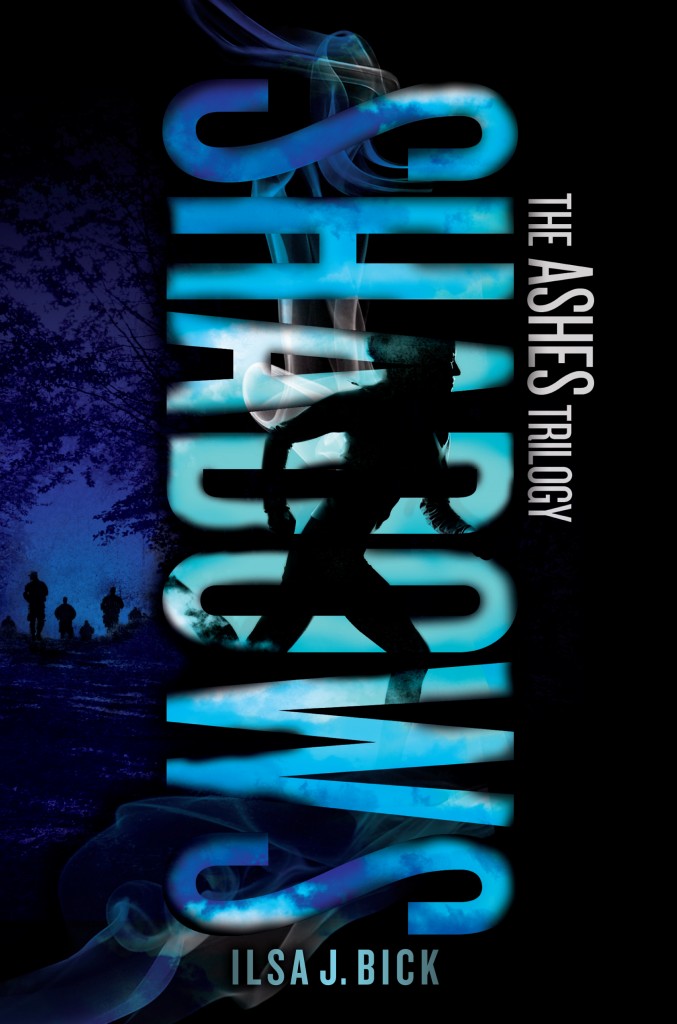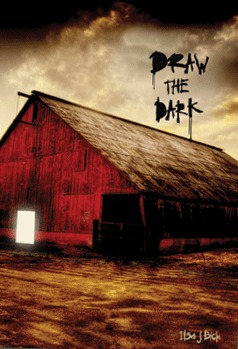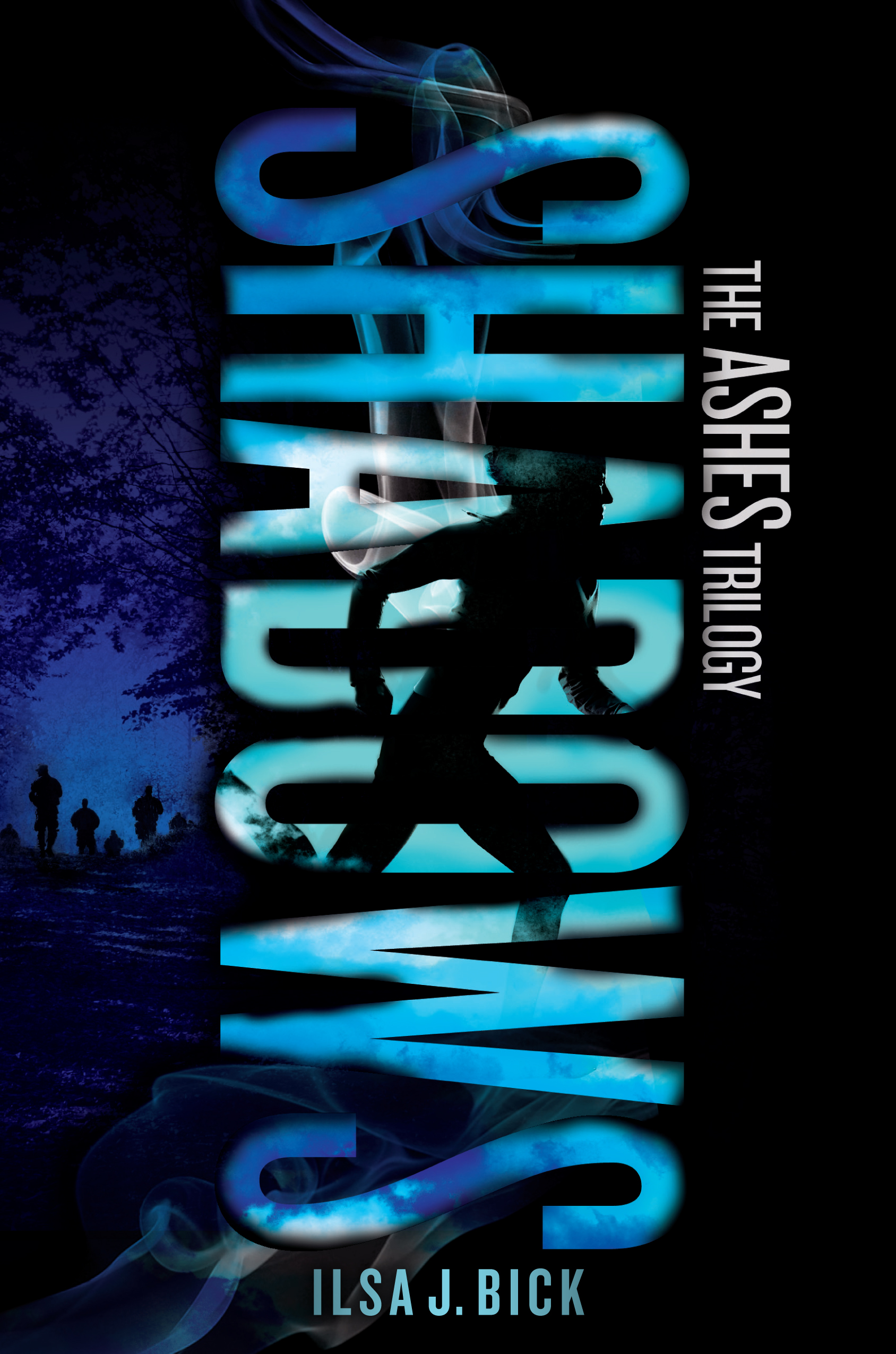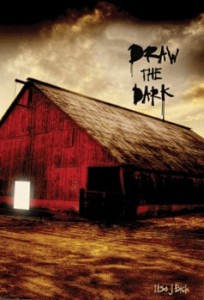In case you blinked and missed it, January 25th was the 252nd anniversary of the birth of Scottish poet, Robert Burns. Burns Night began in 1801 and not in January but July when a bunch of his friends and several officers and privates of the Argyll Militia traveled to the cottage (now an inn) where Burns was born, drank Scotch and played some regimental music. This being Scotland, they probably drank more than just a wee dram and so the next year, they thought,Whoa, maybe some food with that. Instead of simply drinking and listening to music, they read some of Burns’s poems and ate haggis, supposedly one of the Bard’s favorite dishes. I don’t know whether it was or not, but the tradition got rolling as traditions usually do when they involve food, music and anything alcoholic. (Just go to any of the upteen million ethnic summerfests in Milwaukee and you’ll find that almost any music goes better with a brat and a beer.) Celebrations of Burns Night moved from July to January because a) Burns was born in January (hello) and b) farmers were way too busy in summer to get wasted. And, really, haggis and Scotch go down better in the winter than summer. Celebrations have gotten more elaborate, too, and you’re supposed to wear a kilt; listen to bagpipes; sing the very old Scottish song, Auld Lange Syne (which translates to Times Gone By; Burns wrote/transcribed the poem we know today and while he probably had a different tune in mind, the poem was eventually set to the familiar old Scottish folk melody) ; read poetry; eat haggis and other tasty Scottish dishes; and–last but not least–drink heavily.
And why haggis? Well, Burns apparently loved the stuff so much, he wrote a poem about it, and tradition dictates that you recite the poem as you cut into that fabulously fat sausage:
And in case you’d like a translation of that:
Fair and full is your honest, jolly face,
Great chieftain of the sausage race!
Above them all you take your place,
Stomach, tripe, or intestines:
Well are you worthy of a grace
As long as my arm.
The groaning trencher there you fill,
Your buttocks like a distant hill,
Your pin would help to mend a mill
In time of need,
While through your pores the dews distill
Like amber bead.
His knife see rustic Labour wipe,
And cut you up with ready slight,
Trenching your gushing entrails bright,
Like any ditch;
And then, O what a glorious sight,
Warm steaming, rich!
Then spoon for spoon, the stretch and strive:
Devil take the hindmost, on they drive,
Till all their well swollen bellies by-and-by
Are bent like drums;
Then old head of the table, most like to burst,
‘The grace!’ hums.
Is there that over his French ragout,
Or olio that would sicken a sow,
Or fricassee would make her vomit
With perfect disgust,
Looks down with sneering, scornful view
On such a dinner?
Poor devil! see him over his trash,
As feeble as a withered rush,
His thin legs a good whip-lash,
His fist a nut;
Through bloody flood or field to dash,
O how unfit.
But mark the Rustic, haggis-fed,
The trembling earth resounds his tread,
Clap in his ample fist a blade,
He’ll make it whistle;
And legs, and arms, and heads will cut off
Like the heads of thistles.
You powers, who make mankind your care,
And dish them out their bill of fare,
Old Scotland wants no watery stuff,
That splashes in small wooden dishes;
But if you wish her grateful prayer,
Give her [Scotland] a Haggis!
Now I’m always looking for any excuse to try something different in the kitchen. I love to cook; after a hard day sweating over a hot keyboard, I find cooking to be very relaxing. Some days I’m more organized than others; other days, I’m spinning away from the computer, cursing the time, realizing I still have to exercise and, oh yes, make something for my poor, long-suffering, incredibly tolerant husband. But seeing as how this past Monday was Burns Night, I figured, okay, I’ll give it a go.
Anyone who thinks haggis is disgusting is dead wrong. As part of our honeymoon, we toured Scotland: a great country; nice people; a distillery over every rise; five bars on every street (Milwaukee ain’t got nothing on Scotland, unless you count the Irish); fantastic single malts for those evenings when you’re staying at an inn, in the middle of nowhere, where the sidewalks have been rolled up as soon as darkness falls. So I’ve had my share of authentic haggis, which really is quite good. Haggis is a sausage: oats and onions and herds and a bunch of sheep organs and suet cooked in a sheep’s stomach. (Anyone grossed out by this . . . just think about that hot dog you’ve just slathered with mustard and relish, or that brat smothered in fried onions.) In case you’re curious, this Alton Brown recipe is pretty much on the money: As the years have passed, other recipes have sprung up and many eliminate the stomach and sheep organs altogether.
Not having the time or inclination to play around with innards, I settled on this vegetarian version. But, me being me, I changed up the recipe a bit. First off, since haggis is a sausage, I decided the thing needed more texture in the mouth and added about 1 1/2 cups of soy crumbles to the final gamish. I didn’t have hazelnuts lying around but did have plenty of walnuts and pecans and so used those, in equal proportions, instead. I also added two eggs instead of one, again to give the thing more oomph; and since I had no idea what “mixed spice” was, I used rosemary, savory and sage instead. Measurements, schmeasurements: cooking is, many times, impressionistic.
Well, it was great. Really. I’m not obsessive enough of a cook to take pictures, so I’ve got none–but trust me on this. We ate veggie haggis along with mashed neeps and tatties, which are turnips and potatoes. You’re supposed to boil them up, but I like roasted root veggies, and so I chunked the turnips and potatoes, threw in some stray cauliflower, let everything sit in some olive oil and a sprinkling of kosher salt, and then roasted them up (potatoes and turnips got a ten minute head-start on the cauliflower). Afterward, I pulsed the whole thing in a food processor with a little milk before folding in chopped chives. Delish. The base recipe is here. Oh, and I skipped the nutmeg, thinking nutmeg and chives . . . brrrr.
Now, apparently, some sort of lovely pudding or cake is supposed to round out the meal, but I ran out of time. This is what comes of flying by the seat of your pants and losing track of time. But I do have a fab Scottish lemon sponge cake recipe I’m going to try in a couple of hours.
That’s another thing I’ve been doing lately: making a cake of some sort every Sunday. While I love baking bread, I’m not as keen on desserts for some reason and so never spent much time baking cookies and cake and all that. Pies, I like, but I do savories much more often than sweet pies. Anyway, I got to thinking that I really wanted to perfect my cake-baking skills. Don’t ask me why. One more challenge, I guess. So far, I’ve made some scrumptious cakes. My hardworking, official taste-tester–the lovely hubby–gives a thumbs up to my Guinness Stout Chocolate Cake, but this is a job he doesn’t seem to mind.
Plus, we’ve got this fool-proof method down for how NOT to gain a ton while I learn. I bake on Sunday; we have a slice each; and then he packs the rest off to his gang at work.
And the beauty is: they clean the plate.
As for the Scotch . . . we didn’t have any. Monday was a work night, after all. Nor did I wear a kilt. I did find some bagpipe music, though, and last night, we drank our toast to ol’ Bobby Burns with a wee dram of Laphroaig, a wonderfully smoky single malt. A great way to round out the week.
Here’s tae the heath, the hill and the heather,
The bonnet, the plaid, the kilt and the feather.
Mòran taing!
































